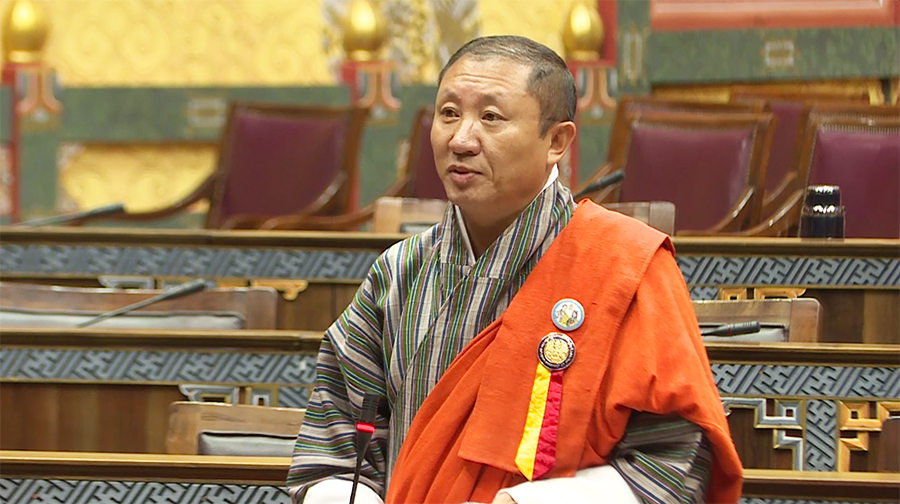
Increasing the export of ferrosilicon is one of several strategies the government is looking at to offset the country’s negative balance of trade. This was shared by the Minister for Foreign Affairs and External Trade at the National Assembly question hour session today. The minister was questioned on the government’s plans and strategies regarding the growing trade deficit. A trade deficit occurs when the value of a country’s imports exceeds the value of its exports.
According to Bhutan Trade Statistics 2022, the country’s total exports amounted to more than Nu 56bn. Bhutan’s total imports in 2022 reached almost Nu 119bn.
The minister for Foreign Affairs and External Trade shared that of the total exports, the highest was that of ferrosilicon totalling up to Nu 19bn. Other exports included hydroelectricity and mines and minerals which were heavily affected during the pandemic leading to a drastic decrease in the country’s exports.
“One of the biggest commerce in the country that is generating even higher profits than hydroelectricity is that of the sale of ferrosilicon. Currently, we have over 20 people who are interested in starting ferrosilicon businesses in the country.”
However, he added the insufficiency of electricity has disrupted the process of granting permission to interested businesses. He said electricity projects are being prioritised to focus on developing the ferrosilicon business.
The minister also outlined several other strategies to strengthen trade. One he shared is the ongoing discussions with neighbouring countries to facilitate trade.
Another is to prioritise certification and standardisation of local goods.
“To enhance commerce, certification and standardisation has to be prioritised which will assist trade with 185 countries, which is currently being established between India and Singapore.”
He added industrial estates and heavy taxation on imported goods have also been established to promote domestic industry.
He said trade fairs and the mini-dry ports have also helped promote exports.
Lyonpo Dr Tandi also highlighted notable trade projects such as the traffic-in-transit agreement with Bangladesh, as well as the Preferential Trade agreements signed with Thailand and Bangladesh that will help increase the country’s exports.
According to the minister, the largest import category last year was IT-related equipment, which accounted for Nu 12bn. Rice imports amounted to Nu 3bn, while imports of smartphones totalled almost Nu 2bn.
Tshering Deki
Edited by Yeshi Gyaltshen










